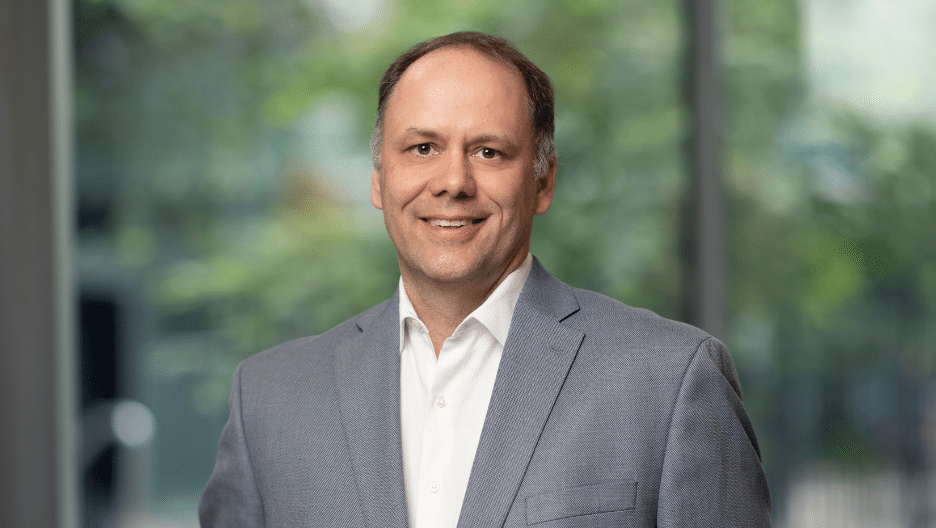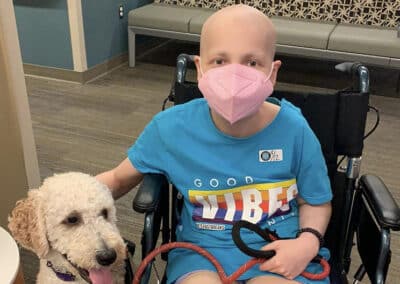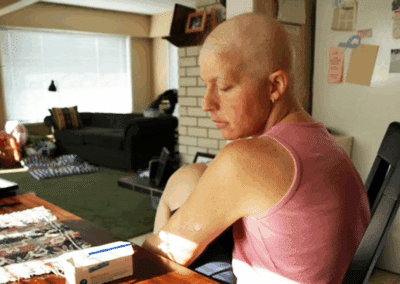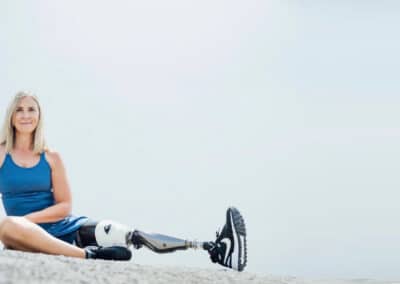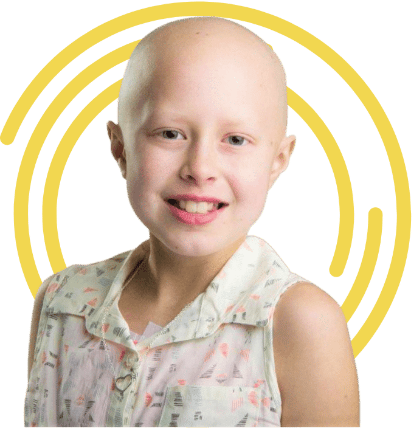If a parent and a teen patient seem to have different risk tolerances towards chemotherapy, for example, Dr. Reed makes sure to discuss those differences with the patient and their family, who will have to make decisions together.
“For many of my young adult patients, they are now able to dictate how they want their treatment to go and how they want to lead their lives,” says Dr. Reed. “Whether they choose to continue with aggressive treatment or not — they are the ones to decide. That sense of control makes a big difference.”
Once patients turn 18, they have the responsibility of making their own cancer treatment decisions. This autonomy can be overwhelming, but it can also signal a positive shift.
Dr. Reed encourages his patients to ask their care team to repeat and explain things when needed.
He says that many of his young adult patients also choose to bring in family members or close friends for extra support.
If you hope to have biological children, you will have to think about fertility preservation.
Even if you are not ready to have children, it is important to consider your reproductive future before you begin treatments. Fertility preservation — in the form of egg or sperm freezing — can keep open the potential of starting a biological family, even after aggressive treatments.
“Part of our responsibility as AYA doctors is to provide the patient with as much information and resources as possible when it comes to preserving a patient’s fertility,” says Dr. Reed.
An oncologist who specializes in AYA medicine can make a big difference.
“Meeting the patient where they are in their individual cancer journey is essential,” says Dr. Reed. “Many patients are transitioning from pediatric care to the adult care model and that can be quite challenging.” Programs that specialize in AYA oncology can offer support to smooth this transition with social workers, nurse navigators, and psychologists. Some programs even have staff who explain the financial aspects of treatments and trials.
To find a doctor who specializes in AYA oncology, search this database. You can also ask your care team about in-person support groups or meet-ups that cater to AYA patients.
As his patients near the end of treatment, Dr. Reed provides a space for them to emotionally grapple with what they have been through. He asks patients two questions: What was the best thing that happened to you during your cancer? What was the worst thing? Underneath those questions is the real question: Have you been able to make some meaning out of your cancer?
“Not everything happens for a reason,” Dr. Reed says. “But you have to acknowledge that it happened, and you have to be able to move forward, somehow.”
Damon Reed, MD, is a pediatric hematologist-oncologist and the Division Director of Solid Tumors at MSK Kids at Memorial Sloan Kettering Cancer Center. Dr. Reed specializes in the care of children, adolescents, and young adults with sarcomas and other solid tumors. On the research side, he is investigating tumor resistance to our current therapies and developing clinical trials that aim to help improve outcomes for patients through multiple interventions.
